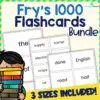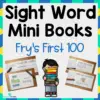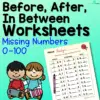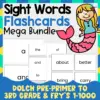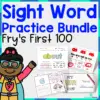Learning about science will encourage your preschoolers to discover and wonder about how the natural environment around them works.
Science may sound intimidating to teach, but there are many fun ways to do it, such as reading! Here’s a list of books about science that can definitely help you out.
Great Books About Science for Preschoolers
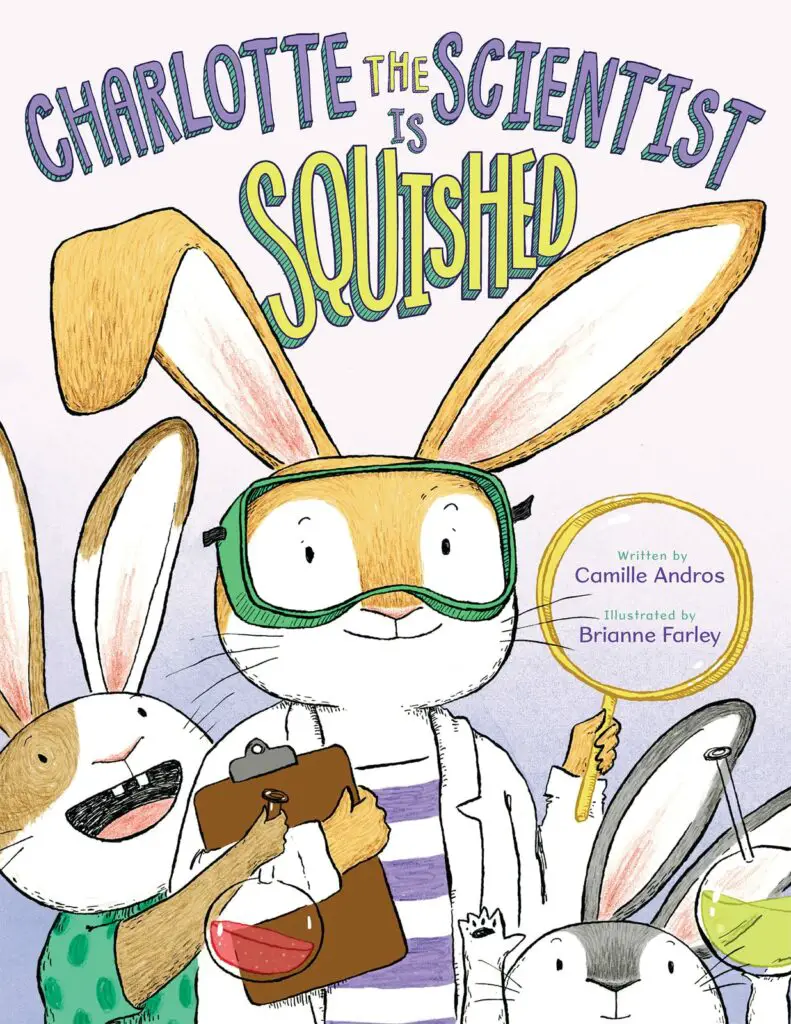
This fun illustrated book will surely make your kids smile, as they follow the story of Charlotte and her experiments! It is a great way to teach the young ones about the scientific method in a very meaningful and enjoyable manner. The illustrations are unique and lovely to look at, so the kids will be attracted to it.
You can read it aloud together with the children and ask them a series of questions afterwards. Then, you can let them try their own experiment, following the scientific method themselves. The book is a great icebreaker and introduction to the scientific method and will surely make it easier for the kids to retain this knowledge.
Charlotte the Scientist Is Squished is best suited for kids between three and eight years of age. Grab your own copy now and have fun reading it with your little scientists!
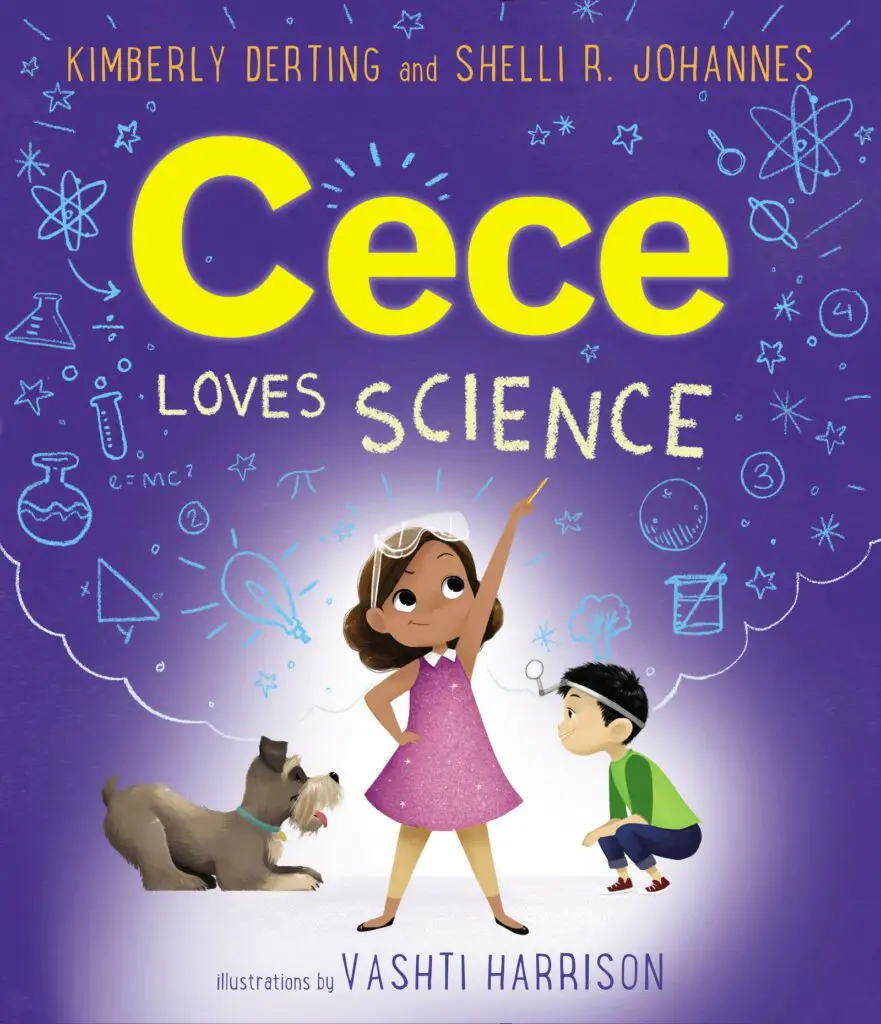
Follow curious little Cece as she asks questions and discovers the answers about the world around her. Kids will surely wonder along with Cece, and be amazed as they learn the answers, too! This is another wonderful book to talk about the scientific method with your young scientists. Your preschoolers will surely love the colorful illustrations, too.
Read it out loud with the little ones while explaining each scientific method that Cece and Isaac used in the story. Afterwards, you can ask them some questions to confirm if they truly understood the lesson. You can use the story as a short introduction to your scientific method discussion, or even as an icebreaker before a mini experiment.
This awesome book is best for your preschoolers aged two to eight years old. Get a copy of Cece Loves Science and enjoy learning science with your curious young children.
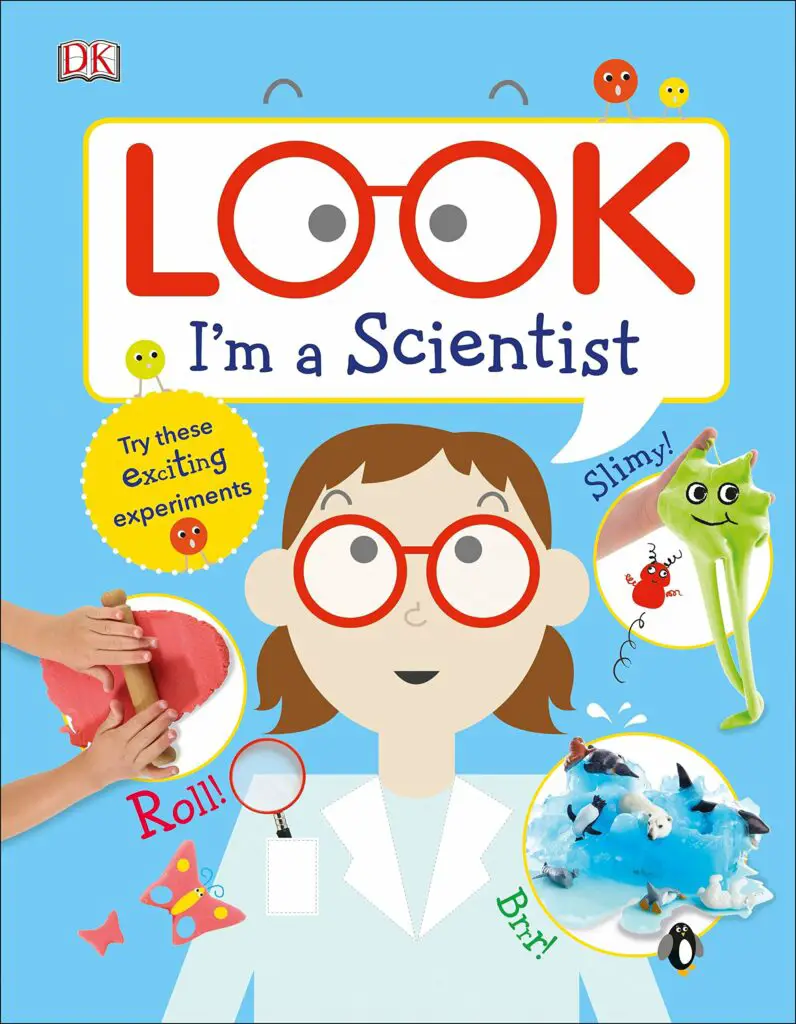
This awesome activity book is the perfect way to get your little scientists started on experiments! The activities are fun and easy to follow for your preschoolers.
They’ll surely laugh and giggle as they follow the simple steps and experiments on their own. There are also clear pictures that show them how each procedure should be made. Definitely a huge plus for kids!
You can read and explain the steps to the kids, or have them read and follow them by themselves. Since the book has detailed procedures, you can relax as you facilitate and observe how they work on each activity. Not only will they learn about the scientific method, but they’ll also get to apply them at the same time.
Look I’m a Scientist has fourteen activities that are perfect for your young scientists between three and seven years old. Don’t hesitate to use it in your next science class!
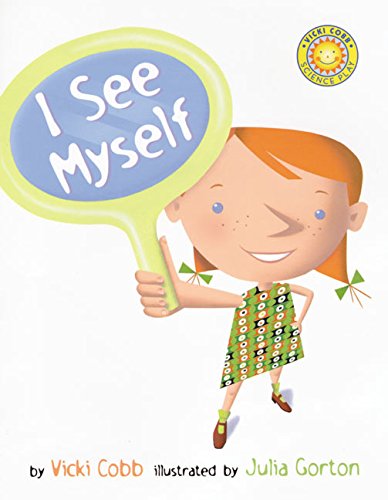
How do you teach young kids the scientific principles of light and reflection in a way they can easily understand? This book by Vicki Cobb is an excellent way to start! It discusses all the basics about light and reflection in a fun and very comprehensible way for your little scientists. There are also bright illustrations that will help children visualize the concept.
You can read it out loud with your preschoolers while reiterating the basic principles of light and reflection. Afterwards, you can demonstrate it to them by using a mirror. You can even let them explore it by themselves! Ask them for questions they may have and have a short discussion about it later on.
I See Myself is the perfect book to read for the little ones aged four to eight years old. Grab your own copy now and have a blockbuster and fun-filled science class!
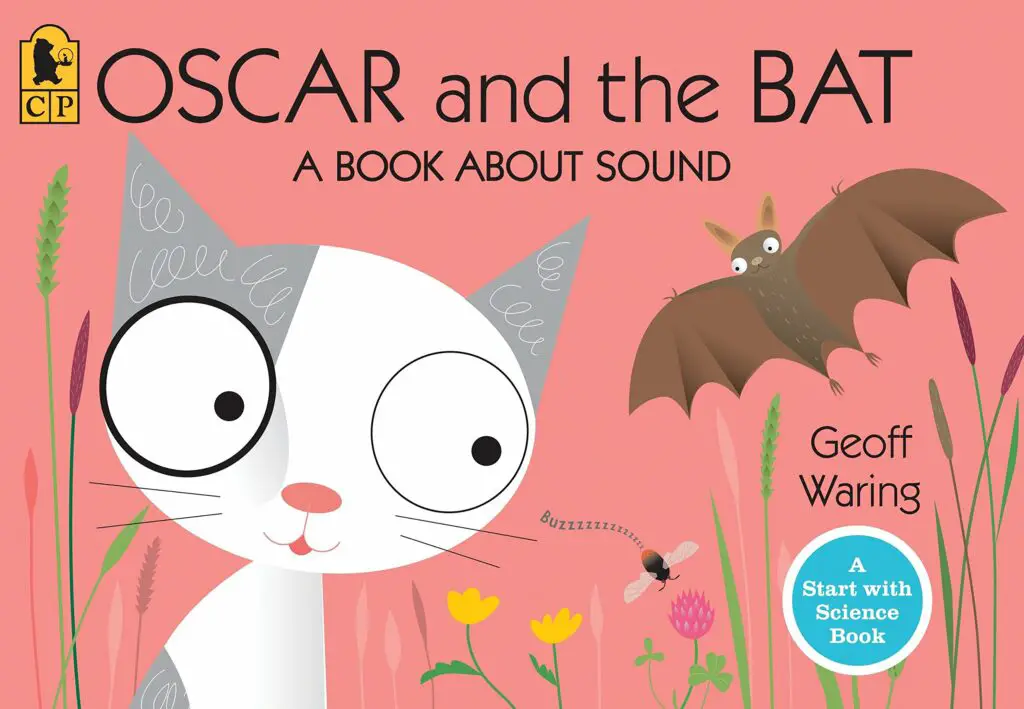
This cute and awesome book follows the story of Oscar the cat as he hears and listens to the different sounds around him. He then meets Bat and he talks to him about sound. This is a great book to help you explain the concept of various sounds to the young ones. With its fresh illustrations and a few supplemental activities, your preschoolers will surely enjoy the lesson.
You can read it to the kids at any time of the year. Read it together and emphasize the sounds mentioned on each page. Afterwards, have a short discussion about what they have learned. You can then proceed to the mini activities at the last part of the book.
Top the charts in your next science class by getting your own copy of Oscar and the Bat: A Book About Sound. It’s an excellent fit for children between four and eight years old.
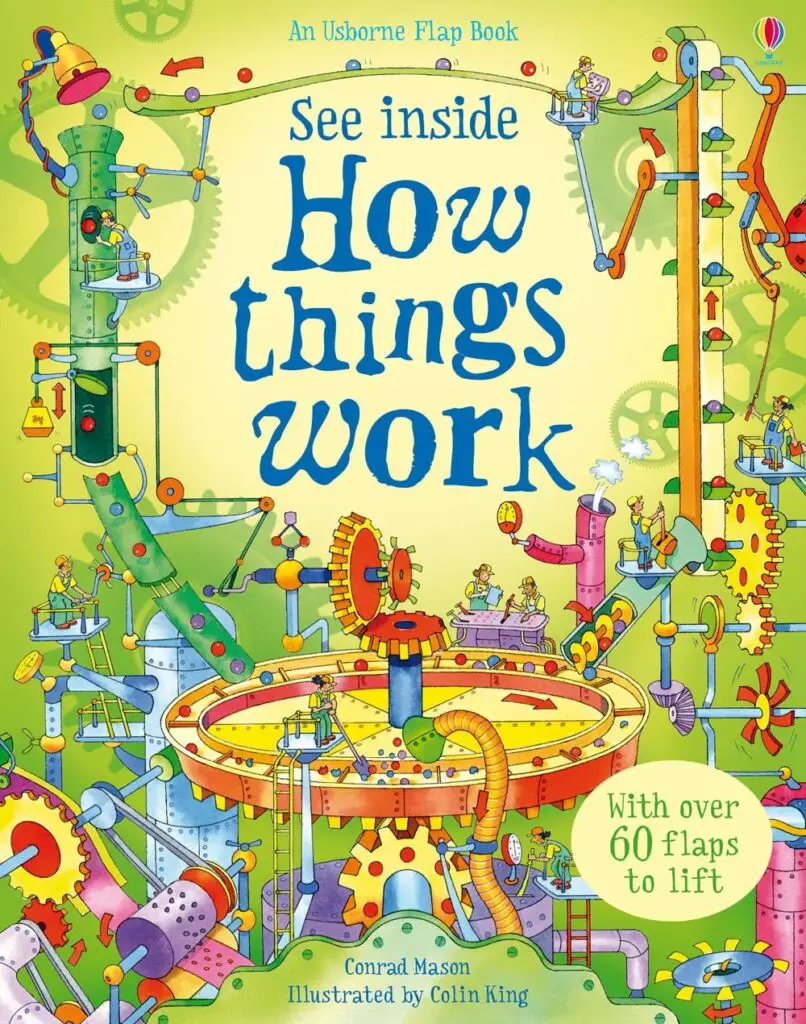
Children are naturally curious about the world around them. This highly interactive lift-the-flap book will help them discover how various amazing inventions work. This book will surely satisfy your little scientist’s curious mind, as they learn how most things work, such as what happens when a toilet flushes or what keeps planes up in the air.
The book itself is timeless, and can be read at any time of the year. You can read it out loud with the little ones and have them lift the flaps as you go along. Have them read the parts inside the flaps and explain each further. Afterwards, you can ask them a few questions to ensure they truly understood the lesson.
See Inside How Things Work will surely be a crowd favorite, especially for young children between three and seven years old. Make your next science class fun and get a copy now!
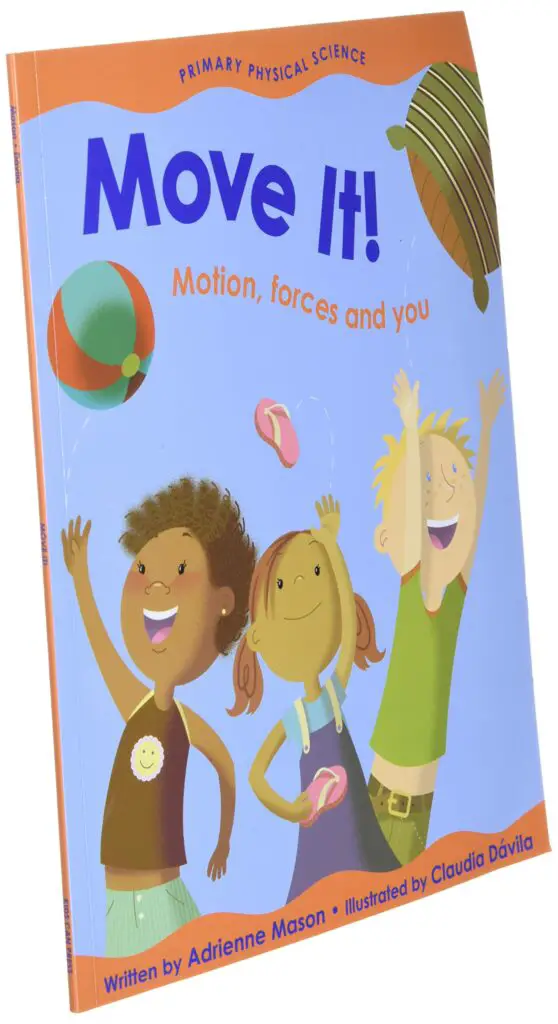
Looking for a book to supplement your physical science lesson? This fun and interactive illustrated book are developed with the cooperation of a science consultant. Awesome, right?
It talks about the fundamentals of the law of motion in a way that your preschoolers will easily understand. It also has lots of lovely illustrations that are visually appealing to kids.
You can read it any time of the year with the kids. It’s the perfect book to introduce your motion and force lessons. Have a short question and answer session after reading. You can also follow it with some fun and relevant activities where they can explore or apply the new knowledge they just learned.
Move It!: Motion, Forces and You will surely make your next science class fun and worthwhile! Don’t hesitate to get a copy for your young scientists aged four to seven years.
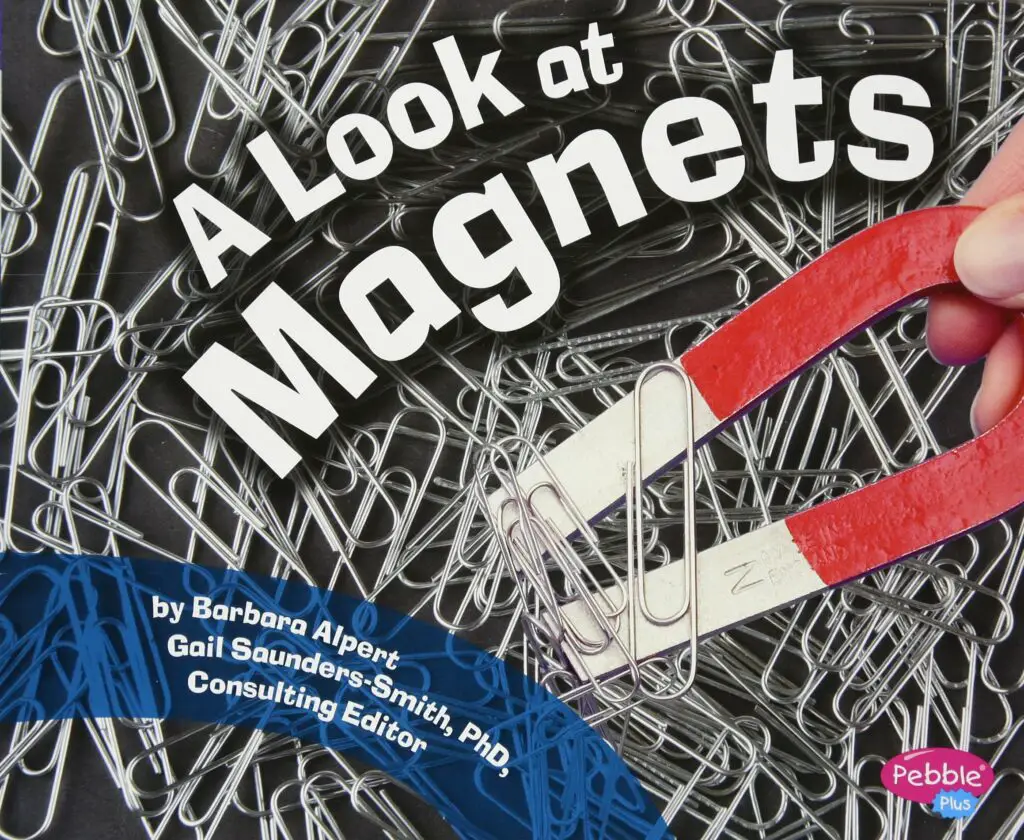
This book by Barbara Susan Alpert will greatly help your little scientists understand the science behind magnets. It will also talk about how magnets work, as well as magnetic fields, among a few relevant topics. The kids will definitely have fun learning with its full-color photos and easy-to-follow text!
You can read it aloud together with the kids while focusing on the main ideas. Afterwards, you can ask them questions and have a brief discussion about the relevant vocabulary words found in the book’s glossary section.
As a follow-up, you can also try to facilitate an activity involving magnets, so they can explore their new knowledge more. They’ll surely have lots of fun working with magnets and exploring how they work!
Make learning fun and grab your own copy of A Look at Magnets now. It’s the perfect read for your preschoolers between four and eight years old.
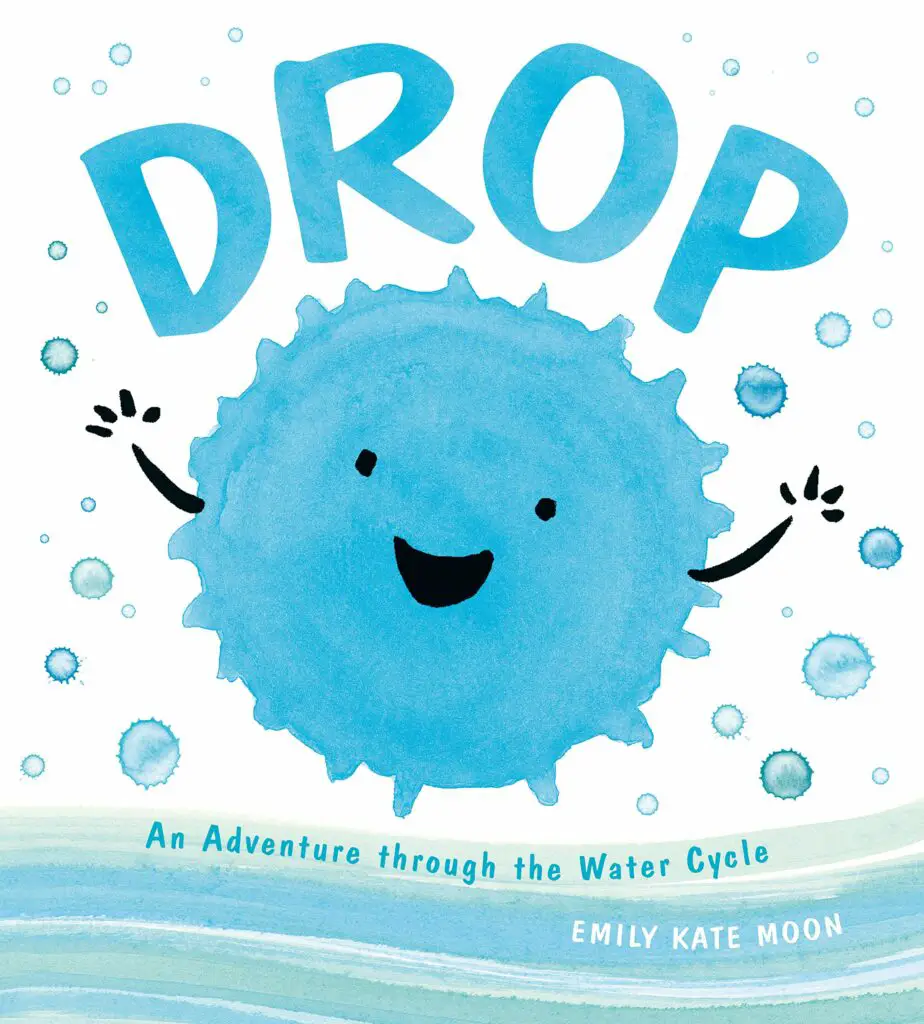
Your preschoolers will surely smile and giggle as they follow the story of Drop and its adventures here on Earth.
They will learn all about the water cycle in a very fun and enticing manner! The book is filled with simple text paired with wonderful artwork that will keep the young ones interested and highly engaged.
You can read this book at any time of the year, as it features the water cycle along with different seasons. Let the kids read along and repeat Drop’s dialogue all together.
Afterwards, discuss each process that Drop experienced throughout the water cycle. Ask some questions to ensure they understood it. You can add a relevant mini activity as a follow-up, too!
Drop: An Adventure through the Water Cycle is best suited for your aspiring scientists around four to eight years old. Get your own copy and spice up your science lessons!
You might want to check out our recommended preschool books about water!
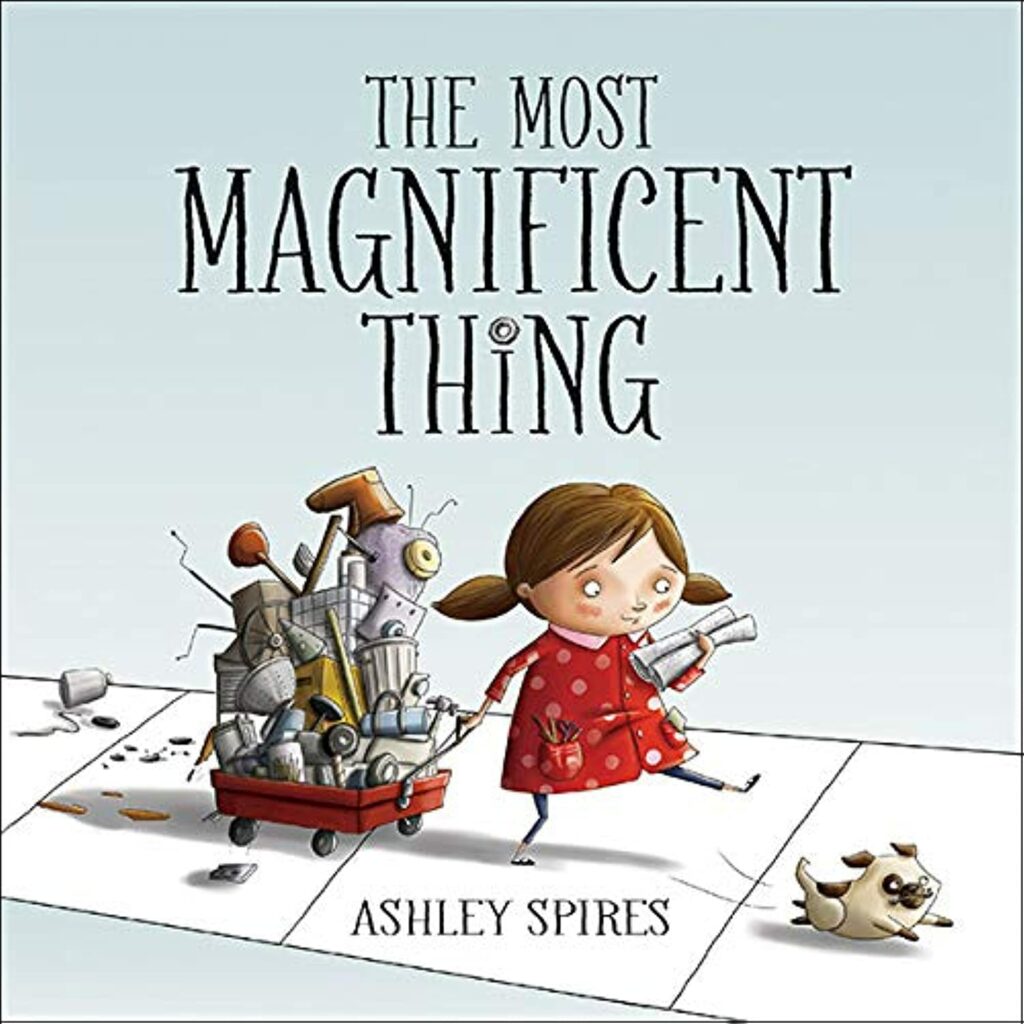
This book follows the story of a girl, her dog, and their journey to creating the most magnificent thing. At first, the girl thought it would be easy-peasy because she already knows what she wants to do.
However, she faces some challenges along the way. How will she deal with it? This book is an awesome way to teach kids the rewards of perseverance, hard work, and creativity.
You can read it out loud together with the young ones, at any time of the year. This could also make a good bedtime or naptime story.
After reading, you can have a short discussion, maybe asking the children if they ever found themselves in a similar situation and how they dealt with it. Emphasize and help them realize the importance of the values presented in the book.
Grab a copy of The Most Magnificent Thing for your budding scientists aged three to seven years.
Conclusion
Learning about science is very important in early education. It greatly influences how children communicate, focus, organize, and form their own opinions based on observations.
It can be quite overwhelming for the young ones, though, so reading fun, interesting and relevant books on our list can help keep them engaged and motivated.
People Also Ask
We hope you found the books on our list helpful in your journey to the sciences with the kids. Reading will absolutely help grab and keep their interest in various science topics. Moreover, there are also plenty of other ways to teach them science aside from reading.
As young kids are naturally curious, they already have a good foundation to learn science. As adults, our job is to value that curiosity and nourish it. Let them ask questions, and explore with them to find the answers. Allow them to experiment and provide them with various activities that fan the flames of discoveries.
See more activities you might like:


